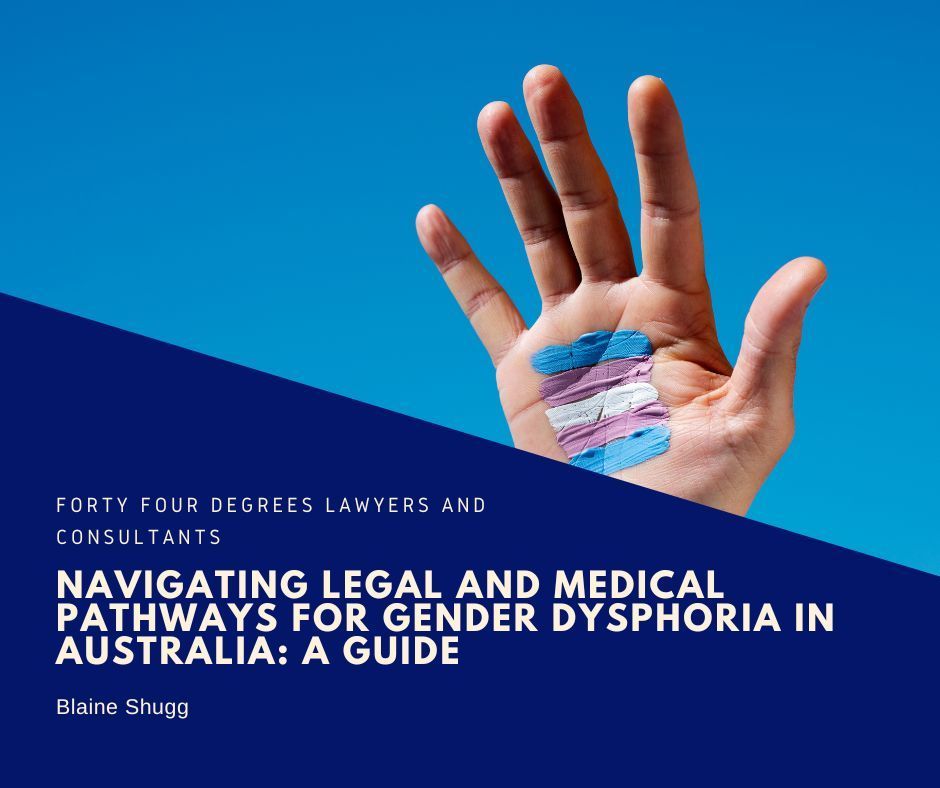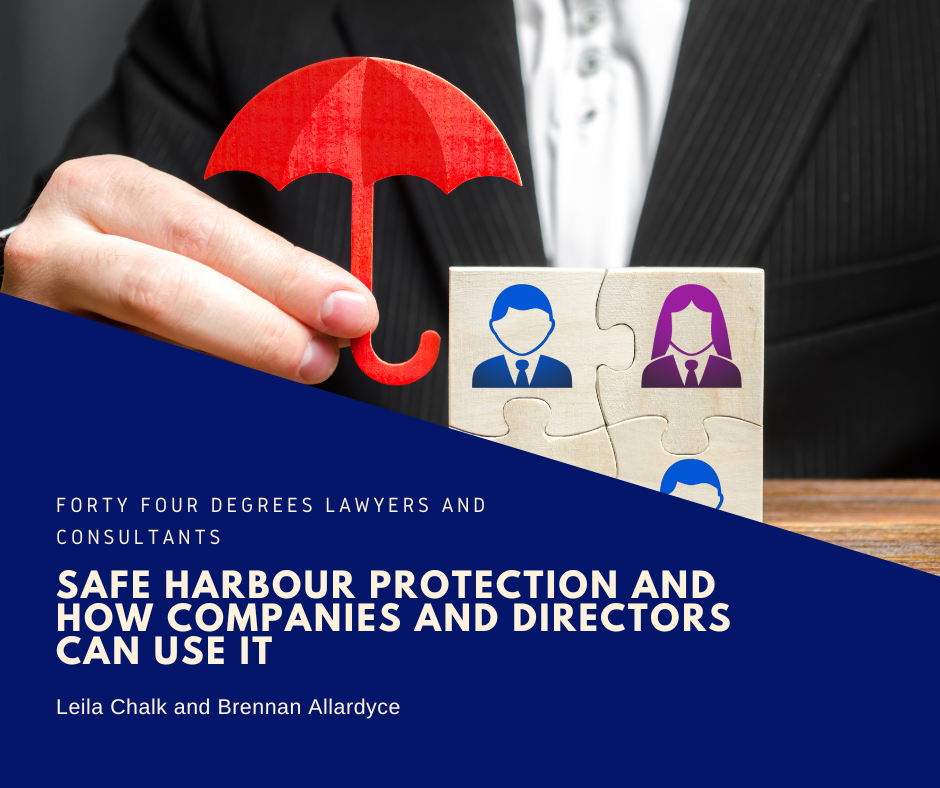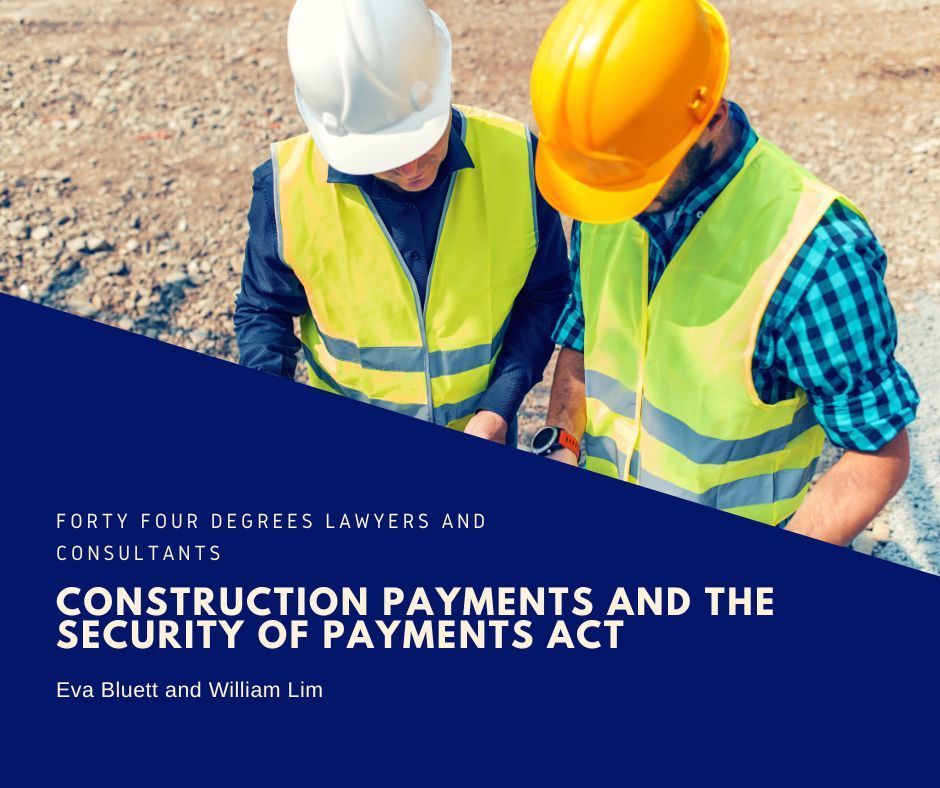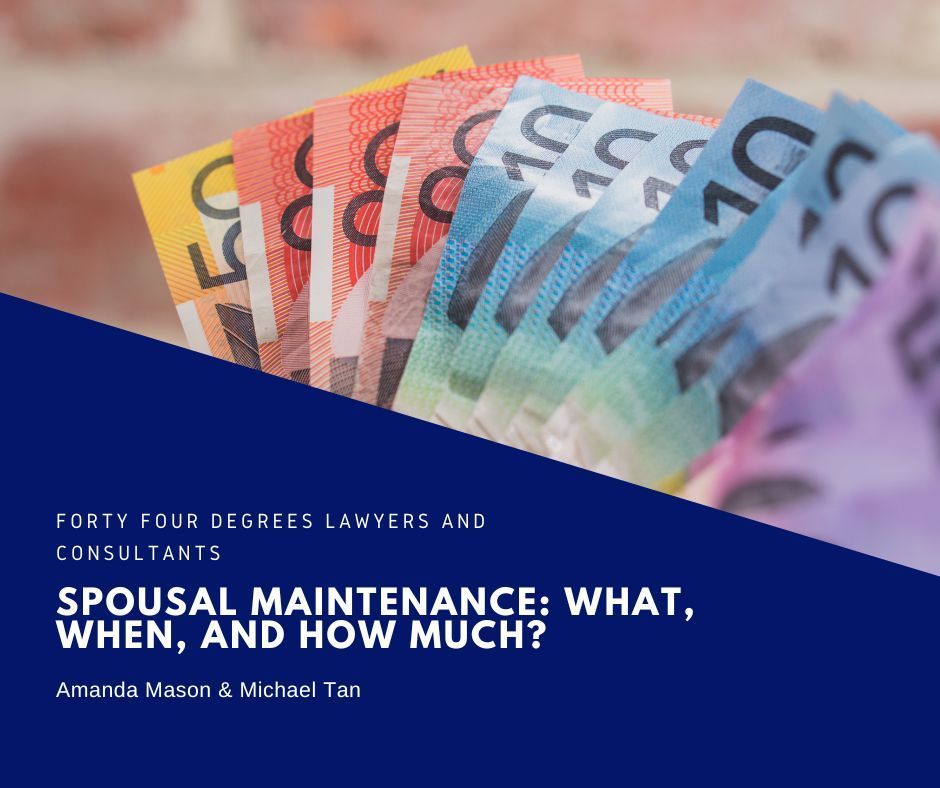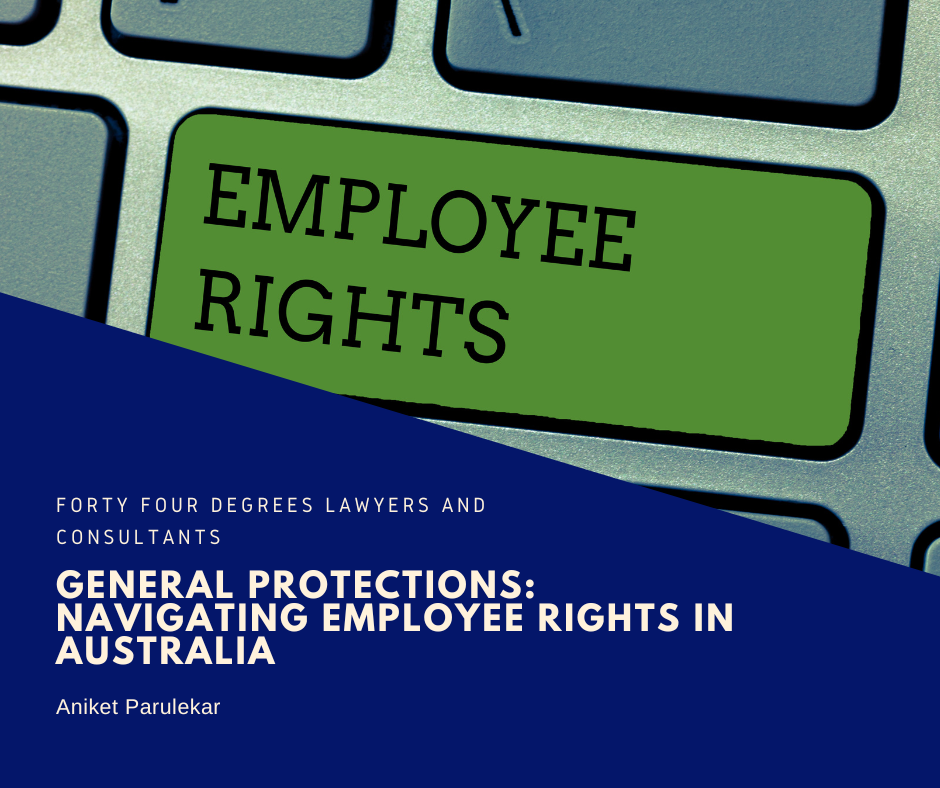Victims of Phishing Attacks
What To Do If You've Fallen Victim to a Phishing Attack in Australia
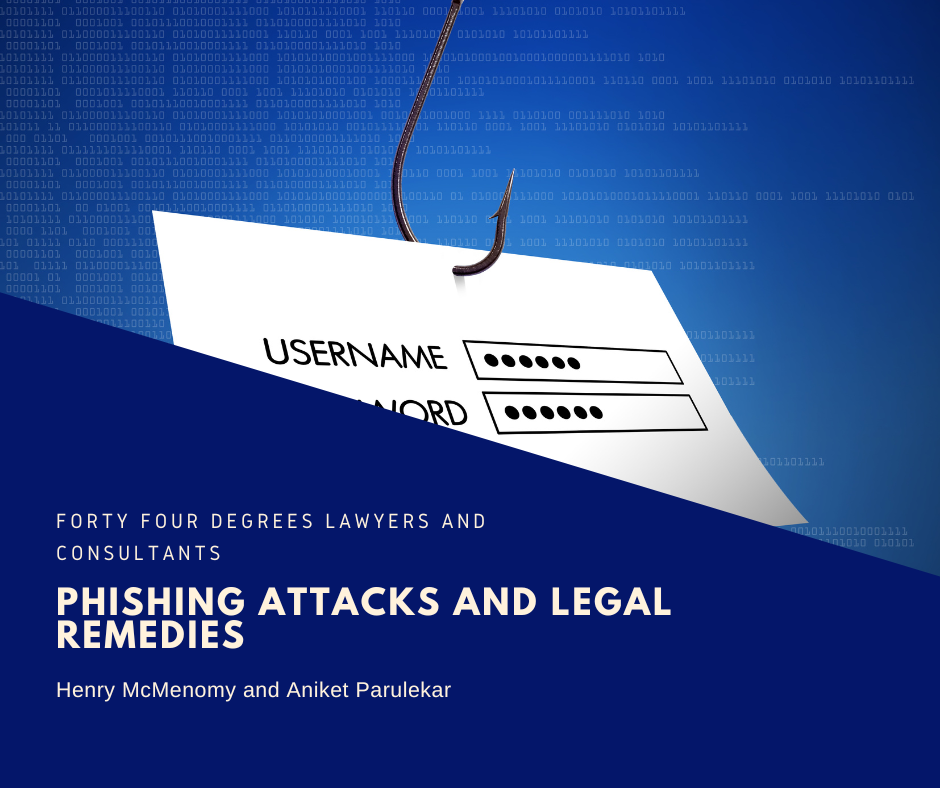
Phishing attacks are becoming increasingly prevalent in Australia and across the globe, with attackers preying on the vulnerabilities of individuals to access sensitive information and funds. Falling victim to such an attack can be devastating, but it's essential to know what to do in the unfortunate event it happens to you. This article aims to provide guidance for Australians who have become victims of a phishing attack that has resulted in significant financial loss. We'll cover the legal recourse available, including unjust enrichment and obtaining a freezing order, practical considerations, and the importance of acting swiftly. If you require further advice, please don't hesitate to contact Forty Four Degrees Lawyers.
Potential Legal Recourse
Freezing Order
If you suspect that the perpetrator of a phishing attack may dissipate the stolen funds, it is crucial to obtain a freezing order (also known as a Mareva injunction) from an Australian court. A freezing order is a powerful legal tool that can help prevent the dissipation of assets by the attacker. It is essential to act quickly, as obtaining a freezing order can be a time-sensitive process. A lawyer experienced in this field, such as those at Forty Four Degrees Lawyers, can assist you with the process and advise on the necessary steps.
Unjust Enrichment
Unjust enrichment is a legal principle that may be applicable in cases of phishing attacks where an individual has suffered financial loss. Under Australian law, unjust enrichment occurs when one party benefits at the expense of another party without legal grounds. In such cases, the courts may order the enriched party to repay the funds to the victim. Victims of phishing attacks should consult with a lawyer to determine if this principle can be applied to their situation.
Practical Considerations
Notify Your Financial Institution
Immediately contact your bank or financial institution to inform them of the phishing attack. They may be able to help recover some or all of the lost funds or provide additional support in freezing the stolen funds.
Report the Attack
It is crucial to report the phishing attack to the relevant authorities. In Australia, you should notify the Australian Cyber Security Centre (ACSC) and your local police. The ACSC can provide guidance on securing your accounts and mitigating further damage, while the police will investigate the crime and potentially pursue criminal charges against the attacker.
Change Passwords and Enable Multi-Factor Authentication
To prevent further unauthorised access, change your passwords for all affected accounts and enable multi-factor authentication where possible. This adds an extra layer of security to your accounts, making it more difficult for attackers to gain access.
Monitor Your Accounts
Keep a close eye on your accounts and credit reports for any suspicious activity. If you notice anything unusual, report it to your financial institution and the authorities immediately.
Act Quickly
Time is of the essence when it comes to recovering stolen funds or preventing further damage in the wake of a phishing attack. It is essential to act quickly and consult with experienced professionals, such as the team at Forty Four Degrees Lawyers. Acting swiftly can significantly improve the chances of recovering your funds and holding the attacker accountable.
Phishing attacks can be a distressing and overwhelming experience, but it's important to know that you have legal options and resources available to help. By acting quickly and seeking professional guidance from a reputable law firm like Forty Four Degrees Lawyers, you can increase your chances of recovering your funds and protecting your financial well-being.
Aniket Parulekar and Henry McMenomy are solicitors at Forty Four Degrees Lawyers and Consultants.
Contact Us
We’re an Australian Law Firm promoting a nuanced, personal touch. We have the skills you need to resolve your case quickly and with a positive outcome. Our straight talking team stays close to simplify what is most often a complicated process. We help individuals and businesses with technology and startup law, property law including conveyancing and leasing, commercial law, civil litigation, wills, estates, bankruptcy, insolvency, criminal law, and professionals facing investigations and charges from their regulatory body.
We have a connected network of talented lawyers in Melbourne CBD, Dandenong, Ballarat, and Ivanhoe East.
Fill out the form or call us on 1300 892 237.
We will get back to you as soon as possible
Oops, there was an error sending your message.
Please try again later or call us on 1300 892 237.

